Mellow yellow
Jaundice in newborns is common and usually harmless, but can lead to serious complications, including epilepsy, cerebral palsy and perhaps autism, according to a new study.
Autism’s core symptoms accompany a constellation of subtle signs that scientists are just beginning to unmask.
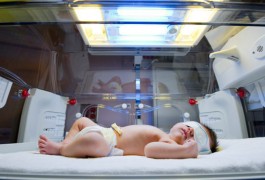
Jaundice in newborns is common and usually harmless, but can lead to serious complications, including epilepsy, cerebral palsy and perhaps autism, according to a new study.

The goal of studying siblings of children with autism is to identify an early diagnostic marker for the disorder. What researchers are finding instead are distinct traits shared by family members who remain healthy.

As more drugs enter clinical trials for fragile X syndrome and soon, hopefully, for autism, the placebo effect will become an important consideration.

Most studies define high-functioning children as those with an IQ above 70 or 80, but this is problematic for a number of reasons, say some scientists. The assumption underlying the use of high IQ as a synonym for high functioning is suspect because social and communicative abilities may have a far greater impact on an individual’s daily interactions.
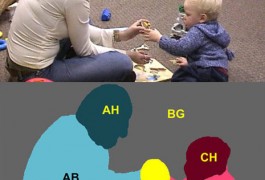
Children with autism are less interested in watching an activity, such as a parent and child putting together a puzzle, compared with typically developing controls, according to a study published in November in Brain Research.
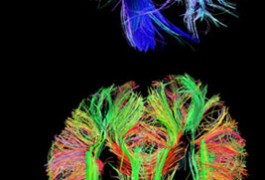
Over the next five years, dozens of researchers funded by the $40 million ‘NIH Human Connectome Project’ will map the circuits of the human brain, tracing neural pathways and learning how different regions work together in synchrony.
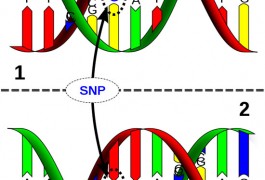
Spontaneous mutations that change a single DNA base account for a large proportion of cases of unexplained mental retardation, according to a study published in the December Nature Genetics.

Delusions of Gender takes issue with sexism disguised as scientific fact. I think the book is a provocative cautionary tale for autism researchers.
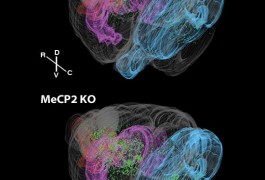
The neurons of people with Rett syndrome contain an overabundance of retrotransposons — DNA sequences that copy and insert themselves into new spots throughout the genome — during early development, according to a study published 18 November in Nature.